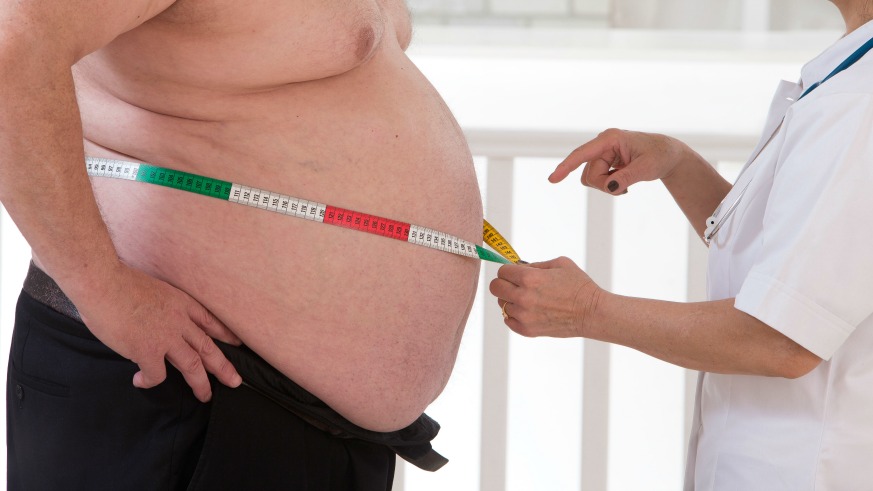Fresh on the heels of the devastating news that zero-calorie seltzer might cause weight gain, a sadistic new study indicated that just smelling food may make you fat.
In the research, conducted at UC Berkeley and published this month in the journal Cell Metabolism, scientists fed three groups of mice a high-fat “Burger King diet.” One group was obese but had lost its sense of smell, another was normal in weight and scent perception, and the other was a set of “super smellers.” Surprisingly, the sniff-gifted group literally doubled in size, while the obese mice without a sense of smell gained only 10 percent more weight.
And it wasn’t because the excellent smellers gorged themselves: The groups consumed the same amount of food.
The researchers theorized that the smell of food might affect how our bodies respond to calories. People who can’t smell their food might burn them, while people who can smell their food might store them.
“Weight gain isn’t purely a measure of the calories taken in; it’s also related to how those calories are perceived,” said senior study author Andrew Dillin, a professor of molecular and cell biology at the university. “If we can validate this in humans, perhaps we can actually make a drug that doesn’t interfere with smell but still blocks that metabolic circuitry. That would be amazing.”
You don’t have to say that twice, fella.
The study did have unfortunate results for the smelling-impaired weight-loss group: Those mice had higher levels of noradrenaline, a hormone that can lead to heart attacks in humans if levels are chronic.
Scientists said the experiment’s findings could one day have applications in humans, perhaps by temporarily disabling the sense of smell to induce weight loss. But there would be risks to that approach: “People that don’t have a sense of smell can get depressed,” said the lead researcher. “They lose all pleasure of eating.”





















